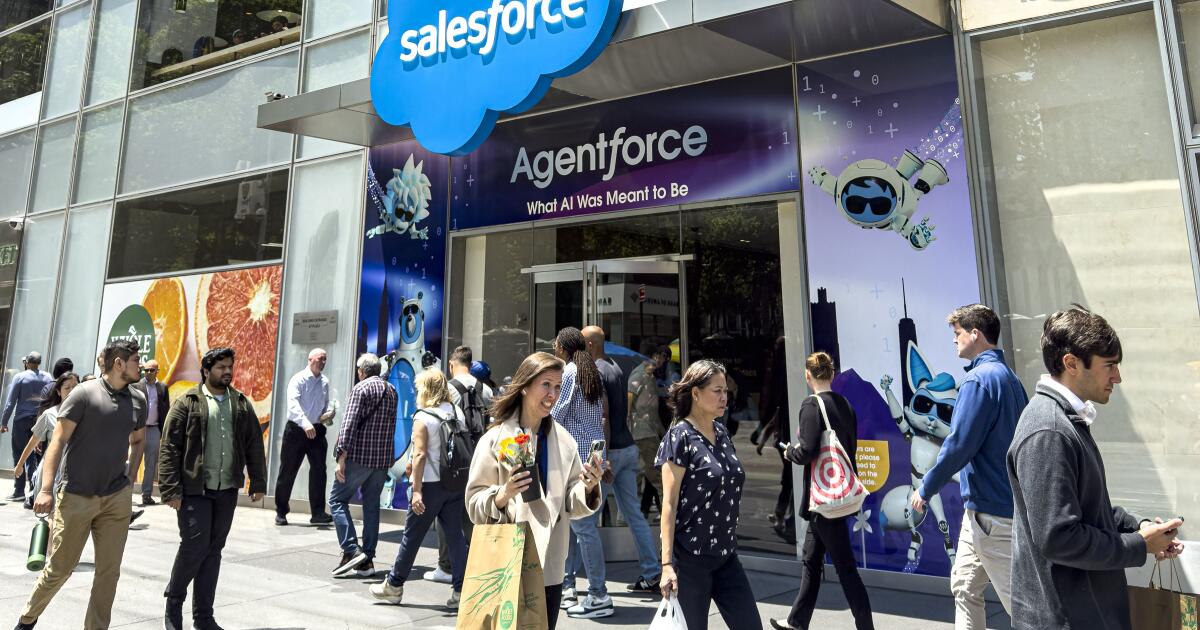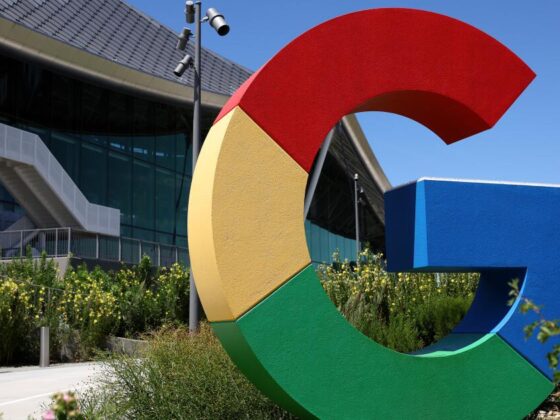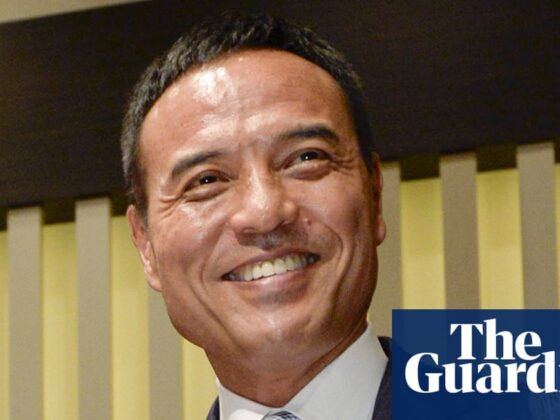Artificial intelligence already is replacing certain jobs at technology companies.
Last week, Salesforce Chief Executive Marc Benioff said the San Francisco software giant was able to shrink the number of people in support roles from 9,000 to 5,000 because “AI agents” are helping to automate certain tasks.
Appearing on “The Logan Bartlett Show,” a podcast that focuses on entrepreneurship, Benioff promoted a platform Salesforce developed that enables businesses to deploy AI agents to provide customer service, support employees and improve productivity.
Salesforce’s AI agents, which are capable of proactively doing work without constant input from a human, are able to respond to questions from customers about pricing, generate marketing materials and manage websites, according to the company’s website.
Salesforce, which is among the tech companies that have slashed their workforces this year while doubling down on AI investments, said that the number of support cases the company handled declined and that it no longer needed to backfill support engineer roles because of efficiency gains from using its AI agent platform.
“We’ve successfully redeployed hundreds of employees into other areas like professional services, sales, and customer success,” the company said in a statement.
Benioff’s latest remarks show how AI is prompting tech companies that are building more powerful AI tools to rethink what their workers do.
As businesses look at ways to slash costs, tech companies have promoted AI as a way to do more with fewer people. In June, Benioff said that AI is doing 30% to 50% of the company’s work.
Some tech executives have said that AI will replace certain jobs such as entry-level roles and also create other work.
Still, the rise of AI could shrink the workforce at certain companies, fueling anxiety among various professions such as screenwriting and coding. It is reshaping San Francisco, a city that has seen AI companies take over vacant office space and compete with one another for talent.
This year, Amazon CEO Andy Jassy said he expects the e-commerce giant to shrink its workforce as employees “get efficiency gains from using AI extensively.”
Benioff stopped short of saying that AI will automate all jobs.
“Humans are not going away,” Benioff said on the podcast. “We are working in partnership with these agents, and that’s how I look at it.”
Although AI has been around a long time, it is generative AI that can quickly generate images, text, code and other information that is disrupting work.
As more businesses leverage AI, questions remain about whether it will help companies rake in more profits. OpenAI, Google and other tech companies are trying to expand the use of AI tools in government, education and various industries.
Research from McKinsey & Co., a management consulting firm, found that nearly 8 in 10 companies have deployed generative AI, but that same number also is reporting “no material impact on earnings.” That’s because the use of some of these chatbots “tend to be spread thinly across employees” and the deployment of AI to assist sales, support and other business tasks is limited or has narrow use restrictions.
Salesforce has seen benefits from using its AI tools, Benioff said on the podcast. In the last 26 years, he said, the company had more than 100 million leads that Salesforce couldn’t respond to because it didn’t have enough workers. But now the company’s salespeople are able to respond to more customers with the help of AI. The company also has a supervisor who helps AI agents and humans work together, he said.
Salesforce has more than 76,000 employees worldwide.













